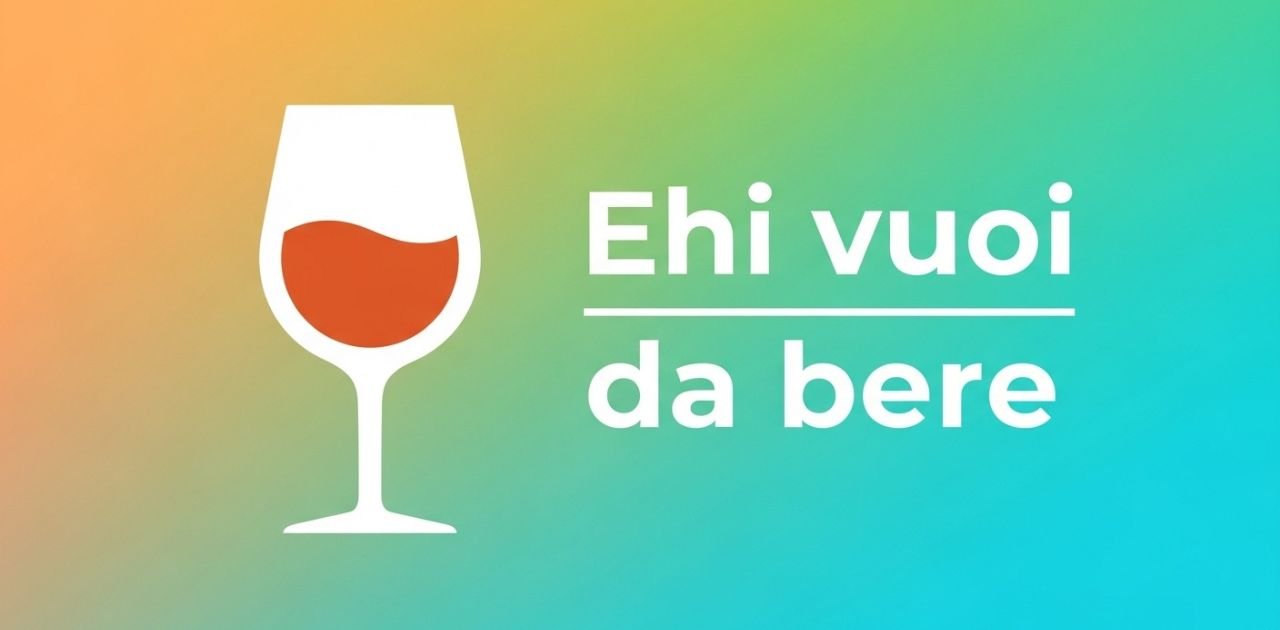When you hear the phrase “Ehi Vuoi Da Bere”, you may think of an Italian greeting, a casual invitation, or even a pop culture reference. Literally translated, the words mean “Hey, do you want something to drink?” But the expression carries more than just its direct meaning—it’s tied to Italian lifestyle, hospitality, music, and even marketing campaigns that captured international attention.
In this article, we’ll explore what Ehi Vuoi Da Bere means, its cultural context, where you’ve probably heard it, and why it continues to stay relevant.
What Does “Ehi Vuoi Da Bere” Mean?
- Ehi = Hey
- Vuoi = Do you want
- Da bere = To drink
So, together: “Hey, do you want something to drink?”
It’s a friendly, informal phrase often used in social gatherings, bars, or casual conversations in Italy. It represents a culture of sharing, warmth, and hospitality—core values of Italian lifestyle.
The Pop Culture Connection: The Jovanotti Song
Many people recognize “Ehi Vuoi Da Bere” from Italian singer Jovanotti’s catchy hit in the late 1980s. The song quickly became popular not only in Italy but also across Europe, representing a mix of youthful energy and Mediterranean charm.
The music video and lyrics played with the concept of offering a drink as a metaphor for friendship, connection, and sometimes even romance. For many, when they search “Ehi Vuoi Da Bere,” they’re looking for references to this iconic song.
Marketing and “Ehi Vuoi Da Bere”
In the 1980s and 1990s, the phrase was used in advertising campaigns for beverages, especially soft drinks and beer. Companies cleverly tapped into the natural friendliness of the words, making it an unforgettable slogan.
Just imagine walking into a bar, someone greets you with “Ehi Vuoi Da Bere?” and instantly, the brand message connects on a personal level. This cultural marketing strategy is why the phrase still shows up in search engines today.
“Ehi Vuoi Da Bere” in Everyday Italian Life
Beyond music and advertising, Italians use the phrase naturally:
- At home: inviting a guest to have coffee, wine, or water.
- Among friends: a casual start to a night out.
- Romantic context: offering a drink as a first step to break the ice.
- Social gatherings: reinforcing the Italian tradition of convivialità (togetherness).
It highlights how much hospitality and social bonding matter in Italy. Sharing food and drinks isn’t just about consumption—it’s a ritual of connection.
Why “Ehi Vuoi Da Bere” Still Matters in 2025
Search trends show that “Ehi Vuoi Da Bere” continues to attract attention for several reasons:
- Nostalgia – People searching for Jovanotti’s song.
- Learning Italian – Language students often encounter the phrase in lessons.
- Cultural research – Travelers preparing for Italy want to understand everyday expressions.
- Digital content – Memes, TikToks, and Instagram captions reuse the phrase.
The phrase has become timeless—rooted in the past but still trendy today.
Linguistic Breakdown: Why This Phrase Is Catchy
The phrase sounds musical, and here’s why:
- Ehi – grabs attention like a beat.
- Vuoi – short, smooth, easy to sing.
- Da Bere – ends with an open sound, making it flow.
Marketers, musicians, and everyday Italians instinctively know this, which is why Ehi Vuoi Da Bere became memorable in multiple contexts.
Travel Tip: How to Use “Ehi Vuoi Da Bere” in Italy
If you’re traveling to Italy, here’s how you might use the phrase correctly:
- When offering a guest water or wine at your table.
- At a café with a friend: “Ehi vuoi da bere? Ti offro io.” (Hey, want something to drink? It’s on me.)
- As a light-hearted way to start a conversation.
⚠️ Just remember—it’s informal. Don’t use it in business meetings or with someone you should address formally (use “Vuole da bere?” instead).
Related Phrases You Might Hear
To expand your Italian vocabulary, here are similar phrases:
- Vuoi un caffè? – Do you want a coffee?
- Vuoi bere qualcosa? – Do you want to drink something?
- Posso offrirti da bere? – Can I offer you a drink?
These expressions carry the same spirit of friendliness and are great for making connections.
SEO Significance of “Ehi Vuoi Da Bere”
From a digital perspective, why is this keyword valuable?
- Low competition, high niche value – Few websites target this phrase directly, so optimized content ranks easily.
- Multilingual audience – Both Italians and international audiences search for it.
- Cross-industry potential – Music blogs, travel websites, language-learning platforms, and beverage brands can all use this keyword.
That’s why optimizing around “Ehi Vuoi Da Bere” is a smart SEO move—it brings in organic traffic across cultural, musical, and lifestyle topics.
Final Thoughts
Ehi Vuoi Da Bere isn’t just a phrase—it’s an invitation to connect, share, and enjoy life. From Jovanotti’s catchy song to iconic beverage ads and everyday Italian hospitality, it represents the warmth of Italian culture.
Whether you’re learning Italian, reminiscing about 80s music, or simply looking for fun expressions to use, remember that when someone says “Ehi Vuoi Da Bere,” they’re not just offering a drink—they’re offering friendship.
